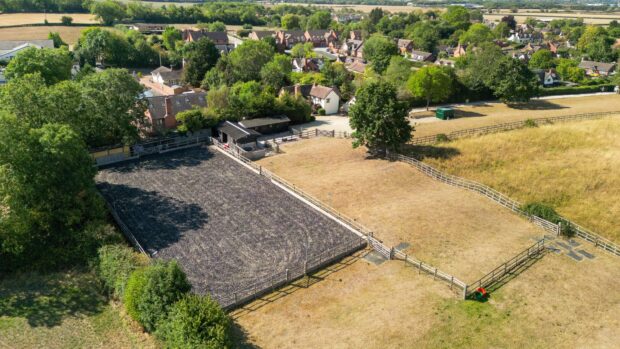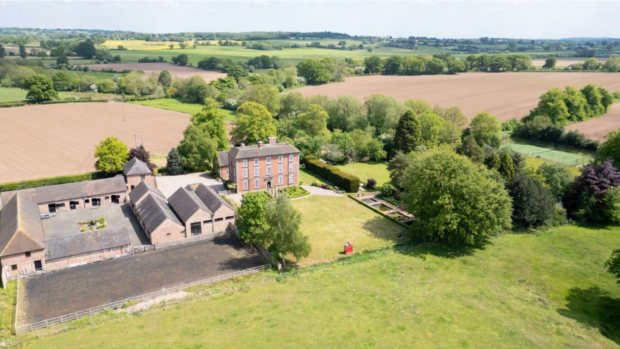Search for equestrian property for sale >>
Once they were the preserve of high-flying City executives who could not fit house hunting into their busy lives. Today, however, property finding services have gone (relatively) democratic. Although a few agents will only look for properties costing £1.5m or more, many will happily search for lesser-priced homes.
“There’s no minimum value at which we look,” says Jonathan Haward, managing director of property finding agent County Homesearch. “While it was an exception rather than the rule to our business, last week we were involved in acquiring a parcel of equestrian land within the Home Counties where offers in excess of £200,000 were invited.”
Even the notoriously budget-conscious equestrian buyers — faced with increasingly stiff competition — are turning to professional help to secure a yard or land.
So what does a finding service bring to the party? The obvious answer is that its employees trudge up and down country lanes looking at homes on their clients’ behalf. Prospective owners have to sweep in only to choose from a selected short-list.
This is great, but hardly a necessity, unless you belong to the cash-rich, time-poor City elite. The true appeal of a property finder is that he or she often gets access to properties before they hit the open market.
“Purchasers can take advantage of my network of contacts, including surveyors, architects, solicitors and others working on the periphery of property,” explains Paul Dixon of Robert Leech & Partners.
And, sometimes, estate agents give property finders early notice of new instructions.
“Good buying agents produce good buyers, who have funds in place and are able to move quickly, therefore they’re given as much help and advance warning of properties becoming available as possible,” explains Ian Hepburn of Strutt & Parker’s Private Search.
Even better, once they have found the right house for their retained buyers, property finders will help them secure it and negotiate the best price for it.
“Many clients think that all we do is find properties — but what they really appreciate is the fact that we handle all the negotiations through to completion,” says Justin Marking of Prime Purchase.
“A key ingredient of the service is to provide detail of the cost to erect stables and fencing where they’re needed,” he adds. “We also look at the ability to ride out from the property and have been known to negotiate access across neighbouring farmers’ land to bridlepaths, roads and tracks for clients.”
All this obviously comes at a price. On average, buyers can expect to pay the finder a small upfront deposit followed by 1% to 2% of the purchase price, so people should have taken a firm decision to buy a home before hiring a professional.
Obviously, if the finder does help the buyer negotiate a good price, the savings over the asking price will be enough — or at least go towards — paying the fee.
However, even the best of finders is only as good as the mandate given to him. If buyers don’t know what they want, there is only so much a professional can do to help find the perfect home.
So if you are able to visualise your dream home, property finding may help you. But if you think you want a pretty thatched cottage with four stables, when your subconscious is really hankering for a Georgian mansion, you might be better off doing your viewings yourself and hoping for serendipity.
Search for equestrian property for sale >>
This property feature was first published in Horse & Hound (1 March, ’07)



